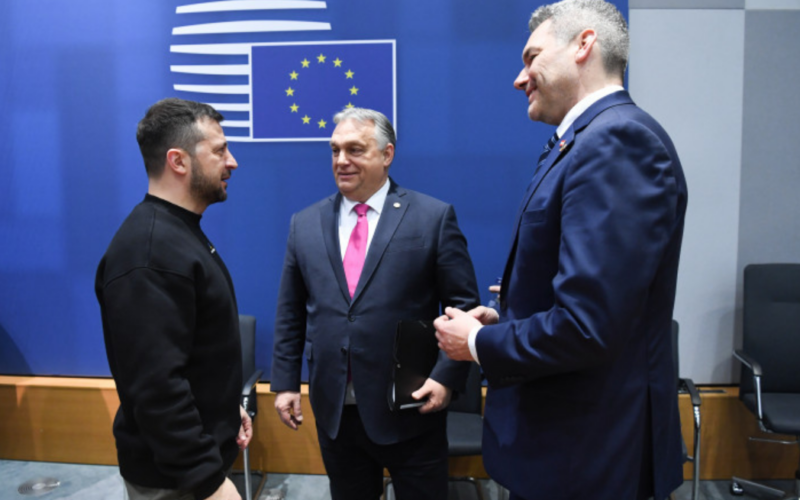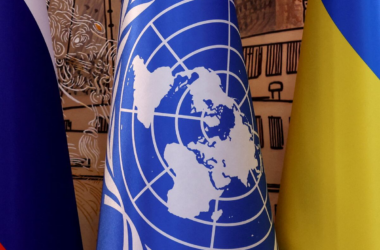In a surprising turn of events, Hungary has thwarted the unanimous approval of €50 billion in European Union (EU) aid earmarked for Ukraine, mere hours after endorsing talks about Ukraine’s potential EU membership. The move by Hungary has raised eyebrows and prompted speculation about the motivations behind this unexpected disruption in a crucial financial lifeline for Ukraine.
The EU aid package, designed to support Ukraine in various sectors, including economic development, infrastructure, and social programs, had seemingly secured unanimous approval before Hungary’s abrupt intervention. The juxtaposition of Hungary’s endorsement of Ukraine’s EU membership talks and the subsequent blockage of financial assistance has added complexity to the dynamics surrounding the relationship between the two nations.
The decision by Hungary to obstruct the disbursement of €50 billion in aid has sparked concerns about the broader implications for EU solidarity and the efficacy of collective decision-making within the union. As member states navigate their individual interests and alliances, the incident sheds light on the challenges of maintaining unity, especially in matters involving financial support for nations seeking to strengthen ties with the EU.
The timing of Hungary’s actions, coming on the heels of the approval of talks regarding Ukraine’s potential EU membership, invites speculation about the motivations behind this seemingly contradictory stance. Analysts and observers are closely scrutinizing Hungary’s rationale, and the implications for EU-Ukraine relations as well as the broader dynamics within the EU are being thoroughly examined.
This article relies on reputable sources reporting on Hungary’s decision to block €50 billion in EU aid for Ukraine, following the approval of membership talks. By acknowledging these sources, our aim is to provide a balanced and accurate overview of the unfolding situation, emphasizing the significance of Hungary’s actions within the larger context of EU-Ukraine relations.
The incident prompts a critical examination of the principles of cooperation and solidarity within the EU and the challenges member states face in aligning their individual interests with the collective goals of the union. As Hungary’s decision generates discussions and debates on the European stage, the incident highlights the delicate balance member states must strike in navigating their national priorities while contributing to the broader objectives of the EU.
In the coming days, the repercussions of Hungary’s move will likely become clearer, with potential implications for diplomatic relations, EU cohesion, and Ukraine’s aspirations for closer ties with the union. The incident underscores the intricacies of diplomacy and decision-making within the EU and the delicate dance member states engage in as they navigate the complex web of alliances, interests, and shared objectives.








